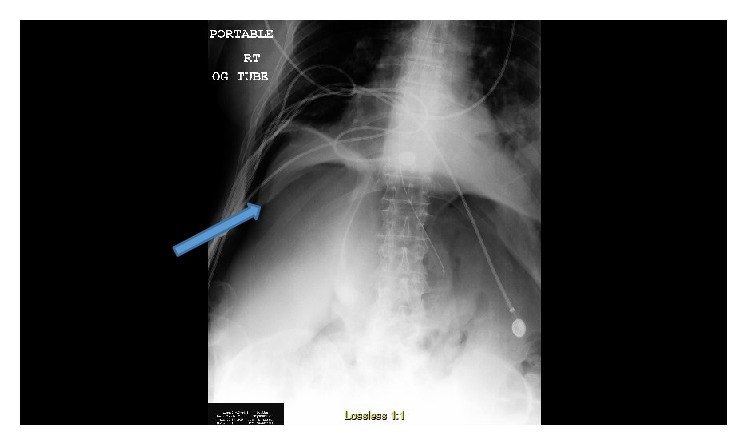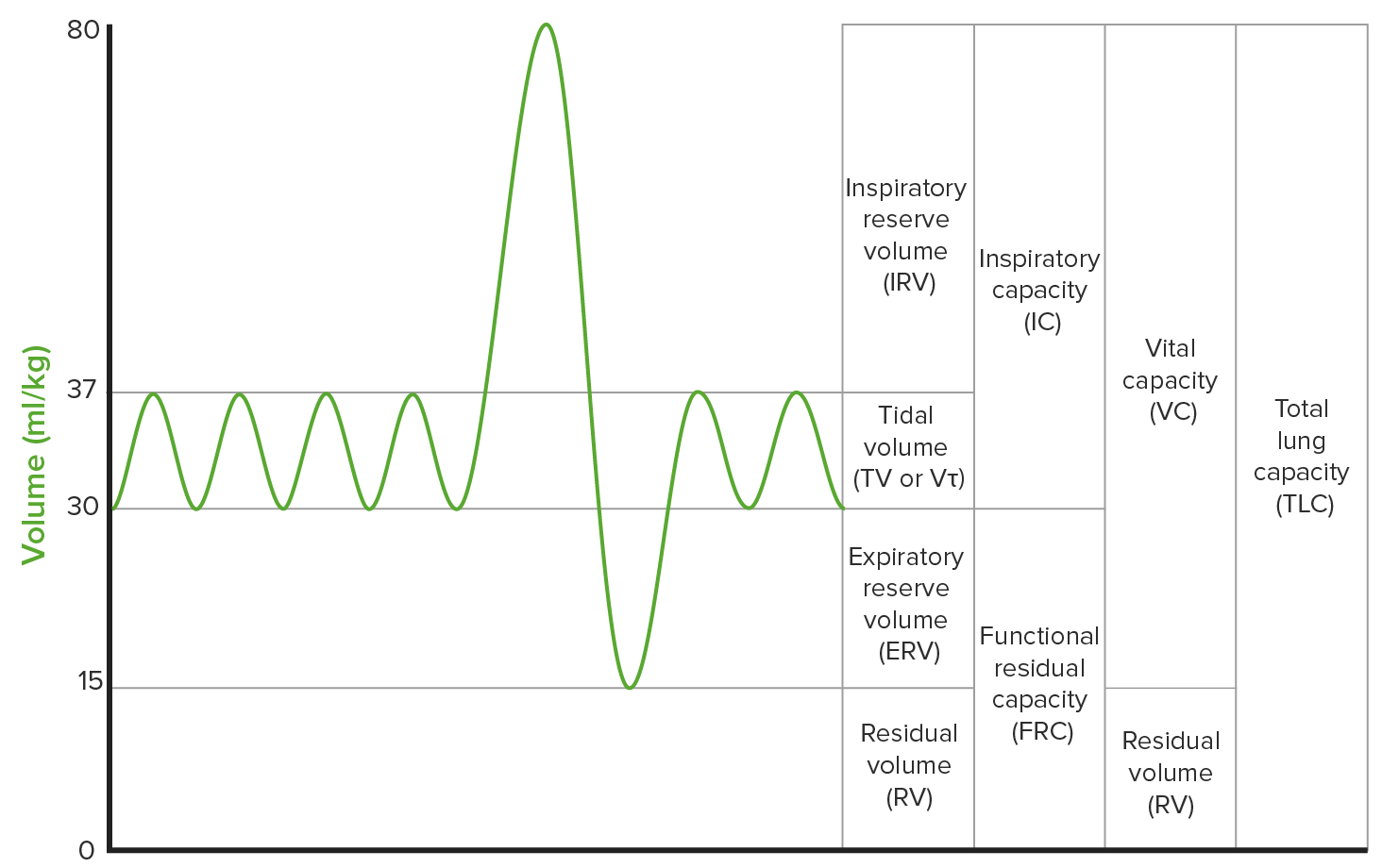Playlist
Show Playlist
Hide Playlist
Chronic Obstructive Pulmonary Disease (COPD): Summary
-
Slides 04 COPD RespiratoryAdvanced.pdf
-
Download Lecture Overview
00:01 So, to summarize the main learning points of this lecture on COPD. COPD causes largely irreversible airways obstruction and most COPD is due to exposure to cigarette smoke. It presents with exertional dyspnoea, developing over a period of weeks, months, years and it can be confirmed diagnosis using lung function tests which will show obstructive changes. The most effective treatment is to stop smoking and pulmonary rehabilitation. But you can use bronchodilators such as salbutamol and ipratropium and long acting versions of those drugs for symptomatic relief. Inhaled steroids are really not particularly effective but are used in certain circumstances in patients with COPD. So, exacerbations of COPD are an important cause of morbidity and mortality, and as I mentioned, probably the commonest cause of medical admission to a hospital in the UK. These exacerbations are treated by short cause of oral prednisilone and nebulized bronchodilators for those patients admitted to a hospital and perhaps antibiotics if infections seem to be the cause. If the patient has a respiratory failure, then they may need ventilatory support. Specifically non-invasive ventilation for patients presenting with respiratory acidosis, a raised CO2 and a low pH and potentially for select patients you may go as far as mechanical ventilation. However, for many patients that step is probably a step too far and a ceiling of care needs to be established in patients presenting acutely with deteriorations of COPD so that it's known in advance exactly how far the treatment will progress if the patient does not respond to the initial therapies. And thank you for listening.
About the Lecture
The lecture Chronic Obstructive Pulmonary Disease (COPD): Summary by Jeremy Brown, PhD, MRCP(UK), MBBS is from the course Airway Diseases.
Included Quiz Questions
Which of the following statements regarding COPD is NOT correct?
- Smoking cessation does not improve a COPD condition.
- Cigarette smoking is the most significant risk factor for COPD.
- Obstructive lung change on spirometry is a diagnostic feature.
- Chronic exertional dyspnea is a common presentation.
- Inhaled steroids are only partially effective.
A chronic smoker presents with dyspnea and pedal edema. Weight loss from the previous appointment is apparent, jugular venous pressure is raised on examination, and abdominal ascites is noted. Which of the following complications of COPD can these symptoms be attributed to?
- Cor pulmonale
- Cor bovinum
- Tuberculosis
- Lung cancer
- Respiratory cachexia
Which of the following is NOT a common cause of small airway obstruction?
- Foreign body obstruction in the bronchi
- Allergic bronchopulmonary aspergillosis
- Chronic asthma
- Hypersensitivity pneumonitis
- Autoimmune obliterative bronchiolitis
Which of the following is the primary treatment for COPD?
- Smoking cessation
- Use of short-acting beta-2 agonists
- Use of inhaled corticosteroids
- Use of oral mucolytics
- Use of antimuscarinic agents
Customer reviews
5,0 of 5 stars
| 5 Stars |
|
5 |
| 4 Stars |
|
0 |
| 3 Stars |
|
0 |
| 2 Stars |
|
0 |
| 1 Star |
|
0 |





